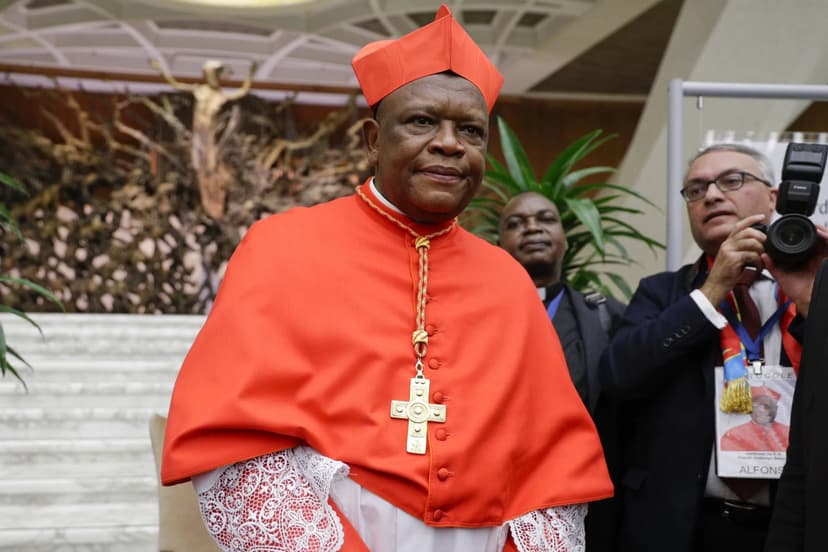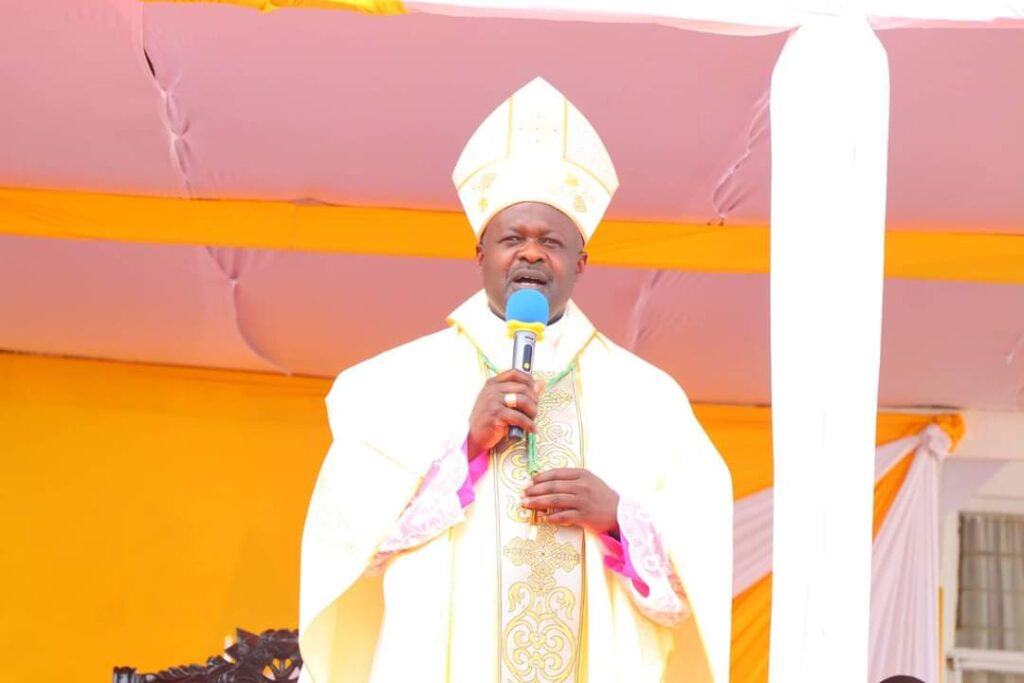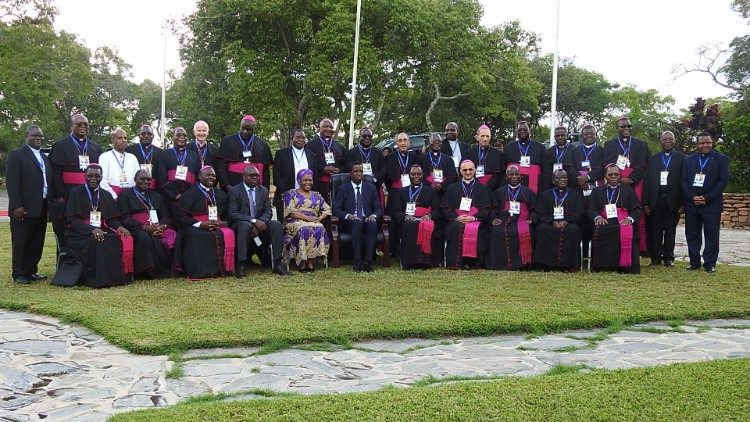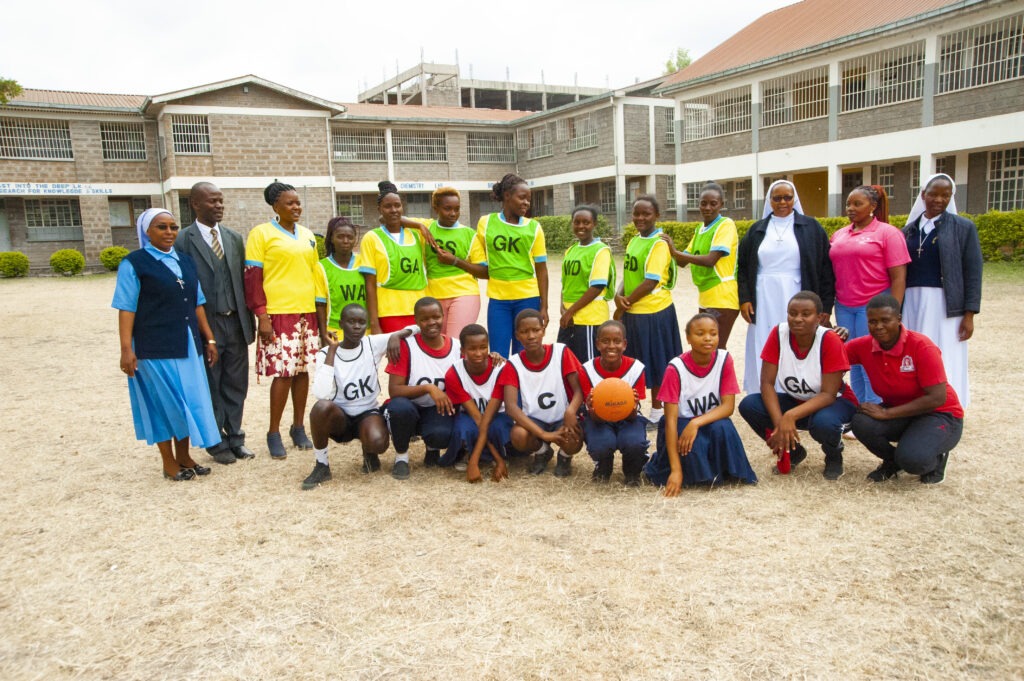The world is increasingly hostage to a deep and broad ecological crisis. Stalking us for centuries, it is now upon us in the interlocking catastrophes of climate destruction, habitat degradation, species extinction, and resource exhaustion. A new practice is needed: to stop believing that we are the overlords of the universe and to ‘re-inhabit’ more humbly that corner of land in which we reside.
How many times have we heard the dramatic reports on the state of our Mother Earth, rapidly dying under the mortal hits inflicted by the irresponsibility of humans? But we have become insensitive to reality even before reaching a real understanding of the gravity of the situation. Not only the politicians, but Church people as well. Not even Francis’ encyclical letter Laudato si’, considered by many the most important Church document after Vatican II, was enough to shake our consciences and lead us to action.
Are we missing something? Why is it so difficult to acknowledge the dramatic situation and initiate the very urgent change?
One of the reasons resides in the undeniable fact that change is always difficult, because it requires us to let go of our securities and to face our delusions and self-justification. Saying that change is difficult might well sound as another justification. Nevertheless, it is a fact that people will learn to swim only when the water has reached their chin, otherwise they keep walking. Many activists keep repeating that we live in a watershed moment (Ched Myers), when we choose between denial or discipleship, inaction or response-ability, death or life.
and self-justification. Saying that change is difficult might well sound as another justification. Nevertheless, it is a fact that people will learn to swim only when the water has reached their chin, otherwise they keep walking. Many activists keep repeating that we live in a watershed moment (Ched Myers), when we choose between denial or discipleship, inaction or response-ability, death or life.
And so? What are we missing? Why people/Christians seem to continue going their own way, even if this means running at a very high speed towards a precipice? Maybe because the invitation to change the way of life is not accompanied by a change in the theology that grounds such an appeal. Concretely, two shifts may be the most important required from us Christians today in order to understand the challenge and initiate a new practice. And I am aware that the two shifts go against much of the discourse constantly proposed and listened to in our Churches, and read in our catechism.
The first shift is from human being to creation. Human being – let alone man – is not the centre of creation. We have continued believing – and teaching! – that humans are superior to trees and animals. Hence, in creation, humans have always been dictating everything, thus determining its life or death. Instead, it would be enough to read Romans 8:20ff, to finally understand that creation is fully part of God’s plan and is growing towards “the glorious freedom of the children of God” (v. 21). Shift number one: humans are not the centre.
The second shift is from universalism to local, or, to put it better, to bioregions, that is, areas of land and water defined by geographical, rather than political boundaries. Speaking of ‘care for the earth’ is far too much for our ears and minds. The event of Incarnation invites us to focus on the here and now, to be localised, to recognise and accept the bioregion where we stand. “We cannot stand against the prevailing industrial system of robbery (of the poor and of the earth), if we have no place to stand”, writes Ched Myers, an American activist theologian who has worked in social change movements for forty years. Hence, caring for the earth means caring for the bioregion where we live, one among the millions of human and natural neighbourhoods spread all over the earth. I cannot love God, whom I do not see, nor Mother Earth, whom I cannot embrace, if I cannot love the neighbour whom I see and the street, neighbourhood, city where I live. Shift number two: start small (care of your neighbour and your neighbourhood).












